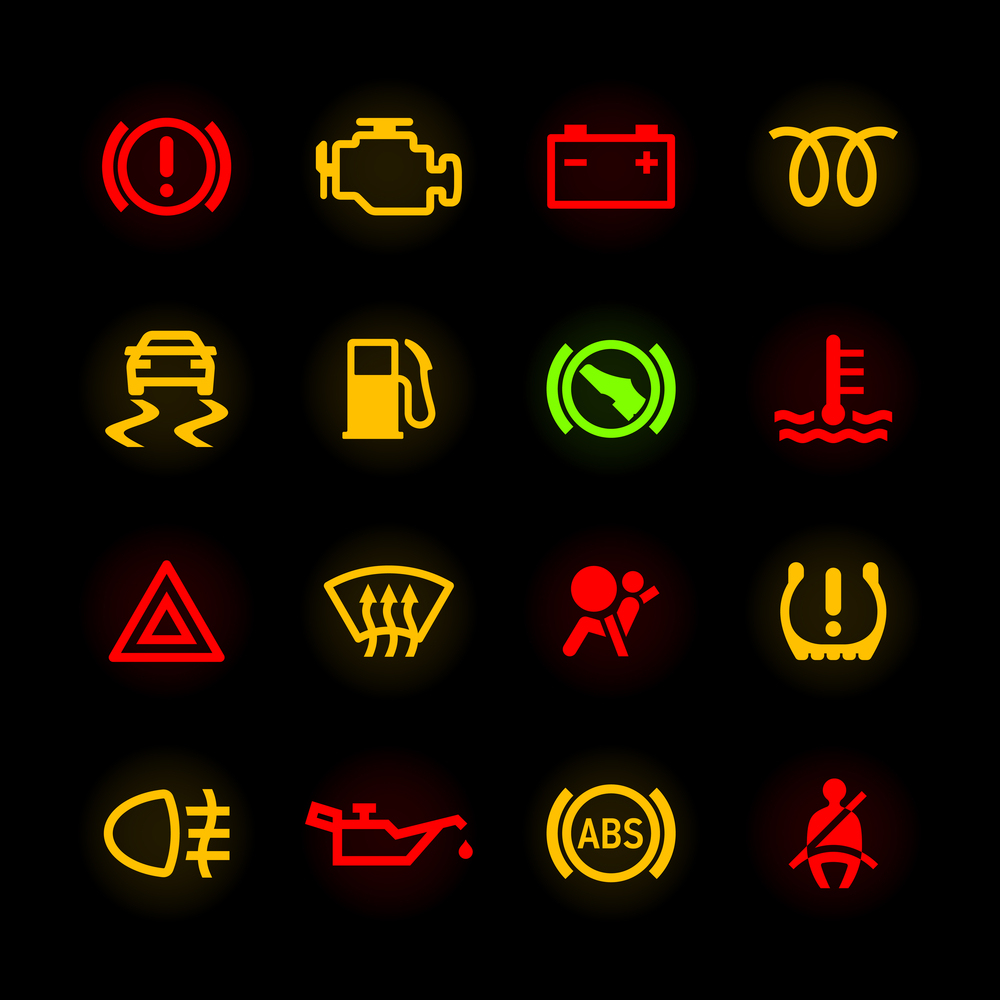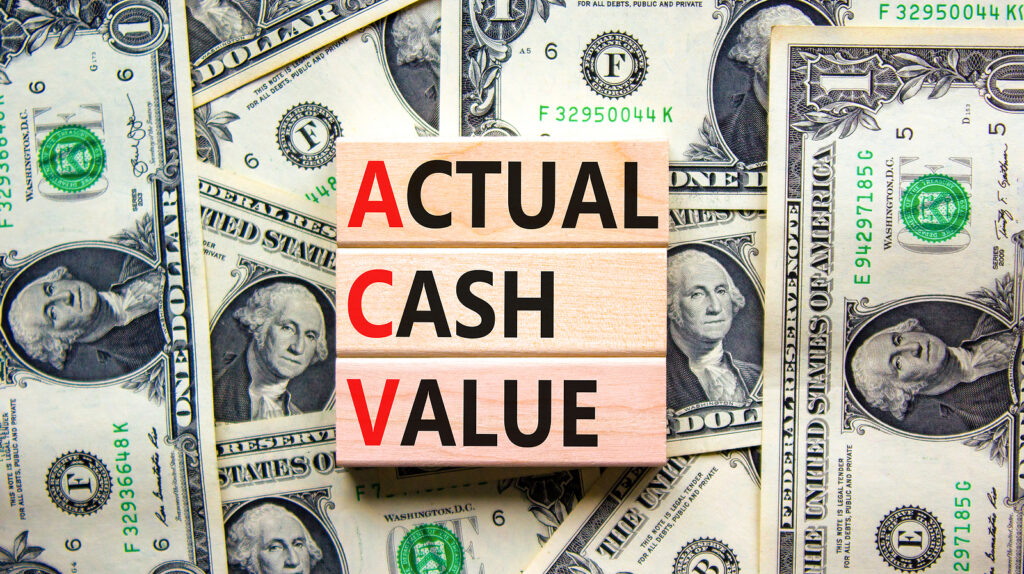Your car’s dashboard serves as a communication center between you and your vehicle, displaying vital information through various warning lights and symbols. While these illuminated indicators might seem mysterious or intimidating, understanding what they mean can save you from costly repairs and potentially dangerous situations. Dashboard warning lights are your car’s way of alerting you to issues before they become major problems.
Many vehicle owners feel overwhelmed when faced with these car warning symbols, especially those who aren’t mechanically inclined. The truth is, you don’t need to be an expert mechanic to understand the basics. Vehicle indicator meanings follow a logical system based on color coding and symbol design that anyone can learn to interpret.
This comprehensive guide will help you decode the most common dashboard warning lights, understand their urgency levels, and know when immediate action is required versus when you can safely continue driving to a service center.

Understanding the Color-Coded Warning System in Cars & Trucks
Dashboard warning lights aren’t randomly colored—each hue carries specific meaning about the severity and urgency of the issue your vehicle is experiencing.
Red warning lights signal immediate danger or critical system failure. These require your immediate attention and often mean you should stop driving as soon as it’s safe to do so. Continuing to drive with an active red warning light can result in severe damage to your vehicle or compromise your safety.
Yellow or amber warning lights indicate caution. These lights suggest that a system needs attention but doesn’t pose an immediate threat. You can typically continue driving, but you should address the issue soon to prevent it from escalating into a more serious problem.
Green or blue indicator lights are informational rather than warning lights. These simply confirm that certain systems are active or functioning normally, such as your turn signals or headlights.
Critical Red Warning Lights That Demand Immediate Action
Brake System Warning Light
The brake system warning light typically appears as a circle with an exclamation point or the word “BRAKE” inside parentheses. This light indicates issues ranging from low brake fluid to ABS malfunctions. When this light activates, your vehicle’s stopping power may be compromised.
If you see this light, pull over safely as soon as possible and check your brake fluid level. Low brake fluid often points to worn brake pads or a leak in the system. Never ignore this warning—your ability to stop safely depends on a properly functioning brake system.
Oil Pressure Warning Light
Usually depicted as an oil can or the word “OIL,” this warning light signifies critically low oil pressure, which can cause severe engine damage. Your engine relies on oil pressure to lubricate moving parts and prevent metal-on-metal contact that can destroy internal components.
When this light appears, stop driving immediately. Check your oil level using the dipstick, and add oil if it’s low. However, if the oil level appears normal, you likely have a more serious problem with your oil pump or pressure sensor that requires professional diagnosis.
Engine Temperature Warning Light
This light, often shown as a thermometer in liquid or a temperature gauge, warns of engine overheating, potentially leading to blown head gaskets or complete engine failure. Overheating can warp engine components and create expensive damage within minutes.
If you see this light, turn off your air conditioning immediately and turn on your heater to help dissipate heat from the engine. Pull over safely and allow the engine to cool completely before checking coolant levels. Never remove the radiator cap while the engine is hot, as pressurized coolant can cause severe burns.
Battery Alert
The battery warning light, typically shown as a battery symbol, indicates charging system issues, from a failing alternator to a loose battery connection. This doesn’t necessarily mean your battery is dead—it often points to problems with the charging system that keeps your battery powered while driving.
When this light activates, your vehicle is running solely on battery power, which will eventually drain completely. You may have enough power to reach a service center, but avoid using unnecessary electrical components like air conditioning or radio to conserve battery life.
Sell a Totaled Car for Cash Payment Today! 💰
Important Yellow and Amber Warning Lights
Check Engine Light
Perhaps the most misunderstood of all dashboard warning lights, the check engine light can indicate dozens of different issues, from a loose gas cap to serious engine problems. This light is connected to your vehicle’s onboard diagnostic system and stores error codes that help identify the specific problem.
While a steady check engine light usually means you can continue driving, a flashing check engine light indicates a more serious issue that could damage your catalytic converter. Common causes include faulty oxygen sensors, catalytic converter issues, or emissions system problems.
ABS Warning Light
The Anti-lock Braking System (ABS) warning light appears when there’s a malfunction in this safety system. While your regular brakes will still function, you’ll lose the anti-lock capability that prevents wheel lockup during hard braking, especially on slippery surfaces.
You can continue driving with an ABS warning light, but exercise extra caution in wet or icy conditions where ABS would normally provide additional safety benefits.
Tire Pressure Warning Light
This light, often depicted as a cross-section of a tire with an exclamation point, activates when one or more tires have significantly low air pressure. Proper tire pressure is crucial for safe handling, fuel efficiency, and tire longevity.
Check your tire pressures as soon as possible and inflate to the recommended PSI listed in your owner’s manual or on the driver’s side door jamb sticker.
Advanced Safety System Indicators
Traction Control Light
Modern vehicles equipped with traction control systems use this light to indicate when the system is actively working to prevent wheel spin or when there’s a malfunction. A briefly flashing traction control light during acceleration on slippery surfaces is normal operation.
However, if the light stays on continuously, it may indicate a problem with the system’s sensors or components.
Airbag Warning Light
The airbag warning light, usually showing a seated figure with a circular airbag, indicates a malfunction in your vehicle’s supplemental restraint system. This is a serious safety concern because it may mean your airbags won’t deploy in an accident or could deploy unexpectedly.
Have this system diagnosed immediately, as airbag malfunctions pose significant safety risks.
Using Technology
Modern vehicles equipped with OBD-II (On-Board Diagnostics) systems can provide detailed error codes that help pinpoint specific problems. You can purchase an inexpensive OBD-II scanner or visit an auto parts store that offers free code reading services.
These diagnostic codes provide valuable information that can help you understand the severity of the problem and communicate more effectively with repair technicians.
Common Misconceptions
Many drivers believe that all warning lights signal immediate disaster, but this isn’t accurate. While red lights require urgent attention, yellow and amber lights often indicate issues that need addressing but don’t pose immediate danger.
Another dangerous misconception is that ignoring warning lights will make them disappear. Warning lights are designed to persist until the underlying problem is resolved. Ignoring them typically leads to more expensive repairs and potential safety hazards.
Some vehicle owners avoid checking warning lights due to fear of expensive car repair costs. However, addressing issues early often prevents minor problems from becoming major, costly failures. A simple sensor replacement might prevent engine damage that could total your vehicle.
When Warning Lights Signal the End
Sometimes, dashboard warning lights reveal problems so extensive that repair costs exceed your vehicle’s actual cash value. When faced with expensive car repair estimates for high cost car parts like engine or transmission replacement, you might find yourself dealing with what’s essentially a totaled car.
If multiple warning lights appear simultaneously or diagnostic tests reveal catastrophic engine or transmission damage, the repair costs could easily exceed your vehicle’s worth. Rather than investing thousands in repairs for an aging vehicle, you have alternatives.
Maintaining Your Vehicle’s Health
Regular maintenance can prevent many warning light scenarios. Follow your vehicle’s recommended service schedule for oil changes, fluid checks, and system inspections. Addressing small issues during routine maintenance often prevents them from becoming warning light emergencies.
Keep a basic understanding of your vehicle’s normal operating sounds and behaviors. Changes in performance, unusual noises, or different handling characteristics often precede warning light activation.
Making the Right Decision When Repairs Exceed Value
When dashboard warning lights reveal extensive damage and repair estimates become overwhelming, remember that you have options beyond expensive repairs. Sometimes the most practical solution is to sell your vehicle rather than invest in costly repairs that exceed its value.
GC’s Junk Cars specializes in purchasing vehicles regardless of their condition, including those with extensive mechanical problems indicated by multiple dashboard warning lights. If you’re facing expensive car repair bills that don’t make financial sense, consider this alternative.
Sell your totaled vehicle today and avoid the stress and expense of major repairs that might not be worth the investment.
Related Post: Why is My Check Engine Light Flashing?




